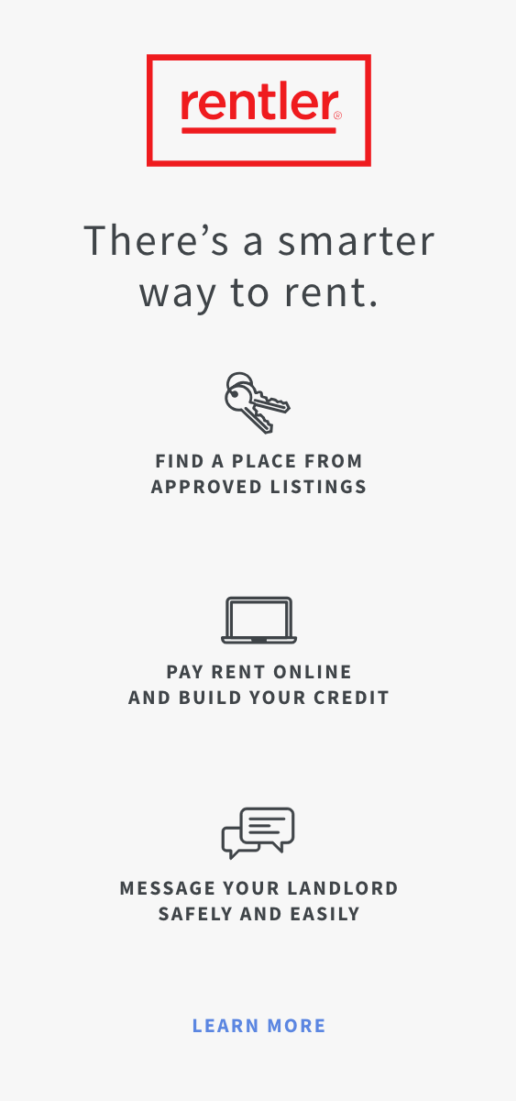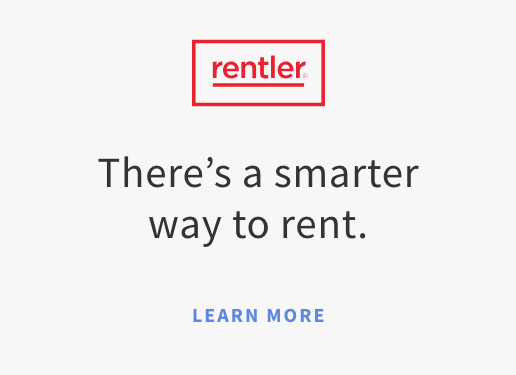Navigating the rental market can be challenging under the best of circumstances, but doing so while unemployed adds another layer of complexity. With the U.S. unemployment rate recently climbing to 4.3% and job growth showing signs of slowing, many people find themselves in the difficult position of searching for a new apartment while managing the financial strain of unemployment.
Unfortunately, when you’re looking for a place to live, your lack of employment status could be a problem. Most apartments and rental properties require proof of employment.
So, what are your options if you are apartment hunting while unemployed? How can you convince landlords to give you a chance?
Count on Others
One of the easiest ways to get approved for a lease agreement is to work with people in your life who are willing to advocate for you. Consider using a co-signer on a lease. Landlords will be put at ease by having someone with steady employment and a stable income sign with you. A co-signer can also give you a boost if you have bad credit and you’re trying to build it up. Keep in mind, though, that a co-signer is putting themselves on the line for you. It’s up to you to make sure you can pay the rent each month, or that burden could fall on your co-signer.
Instead of finding a co-signer, you might also consider moving in with roommates. Usually, it will be sufficient for a landlord if at least one roommate has a job, especially if you can put down the necessary deposits and initial rent payment.
Moving in with friends or family members is often the best choice. But, if you’re new to an area or don’t know many people, there are several reputable roommate finder resources online that will allow you to scan and research individuals who might be in a similar situation.
Build Up Trust
Some landlords may give you a chance based on good faith alone. That starts with your first meeting. First, timing is everything when it comes to renting. A serious landlord may not give you a second thought if you’re apartment hunting in the summer when they are busy and accepting applications from people with a steady income.
Instead, try to approach a rental in the “slower” months, typically October – December. Landlords will have more time to talk to you, and they might be more desperate to fill a vacant space. By showing a strong level of respect and being open and honest from the start, a landlord may be willing to rent you a place.
It’s also important to foster a healthy landlord-tenant relationship throughout the length of your lease. You can do that by:
- Being forthcoming about your employment status and what you plan to do.
- Asking and answering questions openly.
- Respecting certain rules and guidelines of the space.
- Making payments on time.
When you form a strong relationship with your landlord, they’re more likely to trust you throughout your lease. Keep in mind that landlords might be hesitant at first, whether because they’ve had bad experiences with previous tenants or they’re nervous about your lack of employment. Just make sure to be honest and respectful.
Many people were laid off and became eligible for unemployment benefits. If you’re one of those individuals, it’s okay to disclose this to a potential landlord. Unemployment benefits may not be as much as you would make from a steady job. However, it is still monthly income you can claim to assure you will be able to pay rent. Being on unemployment also typically requires you to actively look for jobs, so your landlord will know that your unemployment isn’t a permanent situation.
Related article: Rent Smarter, Not Harder with Rentler- Your Apartment Solution
If necessary, you can also dip into your savings to pay for your rent until you get back on your feet. It’s not ideal, but it can keep a roof over your head until you find another job. As long as you make consistent payments each month, your landlord will be less likely to worry about your employment status.
While it can be difficult to find an apartment without a job, it’s not impossible. Many people are struggling right now. If you can show that you’re actively searching for a job, provide some type of regular payment (even via a co-signer or roommates), and build a rapport with your landlord, apartment hunting doesn’t have to be insurmountable. Once you find a stable place to live, you can consider it the first step in turning things around once again, so you can focus on finding employment and getting back on track.




